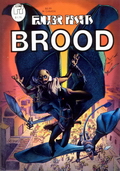fantagor
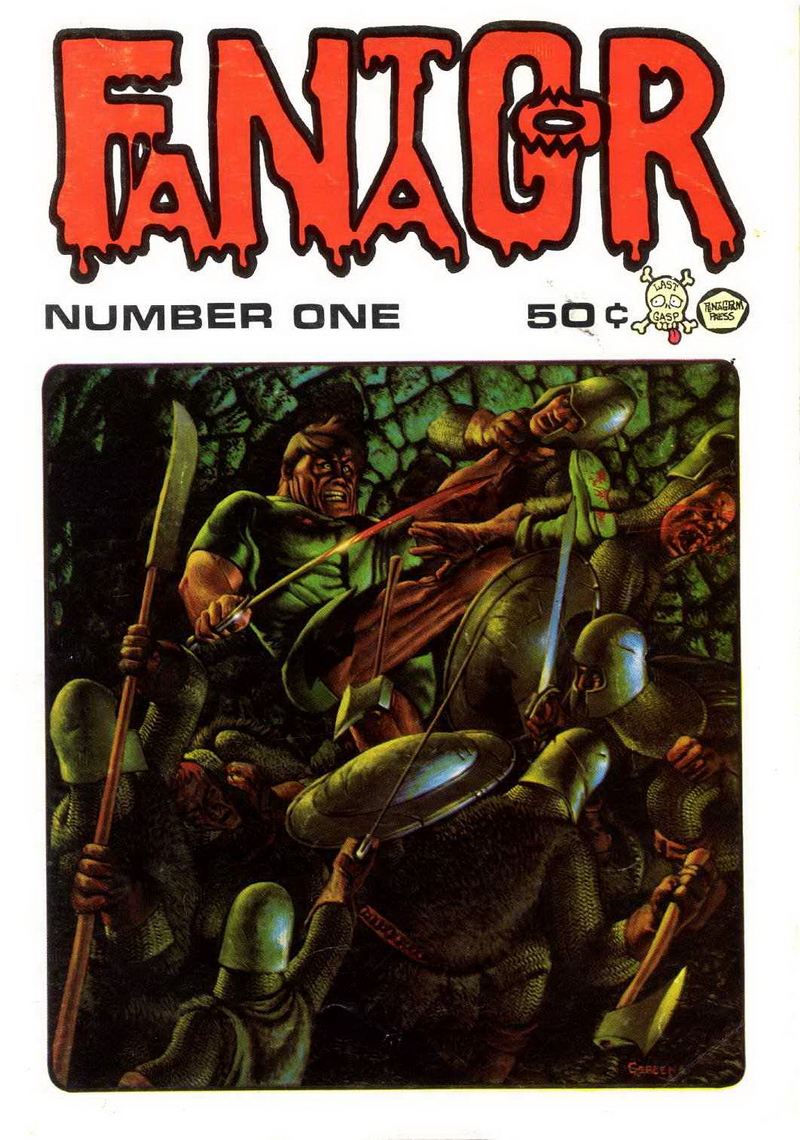
fantagor
Rip-Off Press 1970-83
Richard Corben has enjoyed a long and successful career as a comic illustrator, but his success did not come quickly or easily. He was nearly thirty years old before he was published in small-circulation publications and eventually by underground comic publishers. Before that, Corben worked in construction with his father and for many years at Calvin Studios, a Kansas City commercial animation company. His first published work appeared in the fanzine Voice of Comicdom in 1968. In 1970, he had finally saved enough money to self-publish three sci-fi stories in the first issue of Fantagor, which started as a magazine-size fanzine. He expected great success, but the book sold poorly through mail order.
Corben didn’t appear to be particularly interested in the underground comic revolution and never got the bug to move out to the West Coast and join the fray. But Gary Arlington, founder of the legendary San Francisco Comic Book Company, contacted Corben after seeing his work and encouraged him to get together with some underground publishers. Corben ended up contributing to several undergrounds before Last Gasp reprinted Fantagor #1 in comic book form at the end of 1971, which sold very well. From 1970 through 1972, Corben produced a lot of content for several other underground comic books and also contributed single stories to anthologies like Slow Death and Skull.
After Fantagor #4 and Grim Wit #2 (1973), Corben moved away from the underground comic book genre, though he later contributed a pair of great covers for Bizarre Sex. The bulk of his subsequent work appeared in Warren Publishing’s horror magazines; Creepy, Eerie and Vampirella, and later in the landmark anthologies Metal Hurlant and Heavy Metal. In the early ’80s, Corben revitalized his old Fantagor Press insignia and published the last issue of Fantagor, which delivers the second half of a space fantasy story, “Brood.” Brood was not one of Corben’s better sellers, but Fantagor Press went on to publish several of his greatest works in the ’80s and early ’90s, including Children of Fire, Den and Densaga, From the Pit, Horror in the Dark, Mutant World and Tales of the Black Diamond.


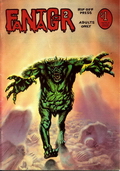
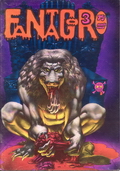
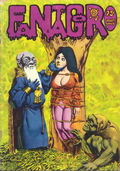 fant 04
fant 04 